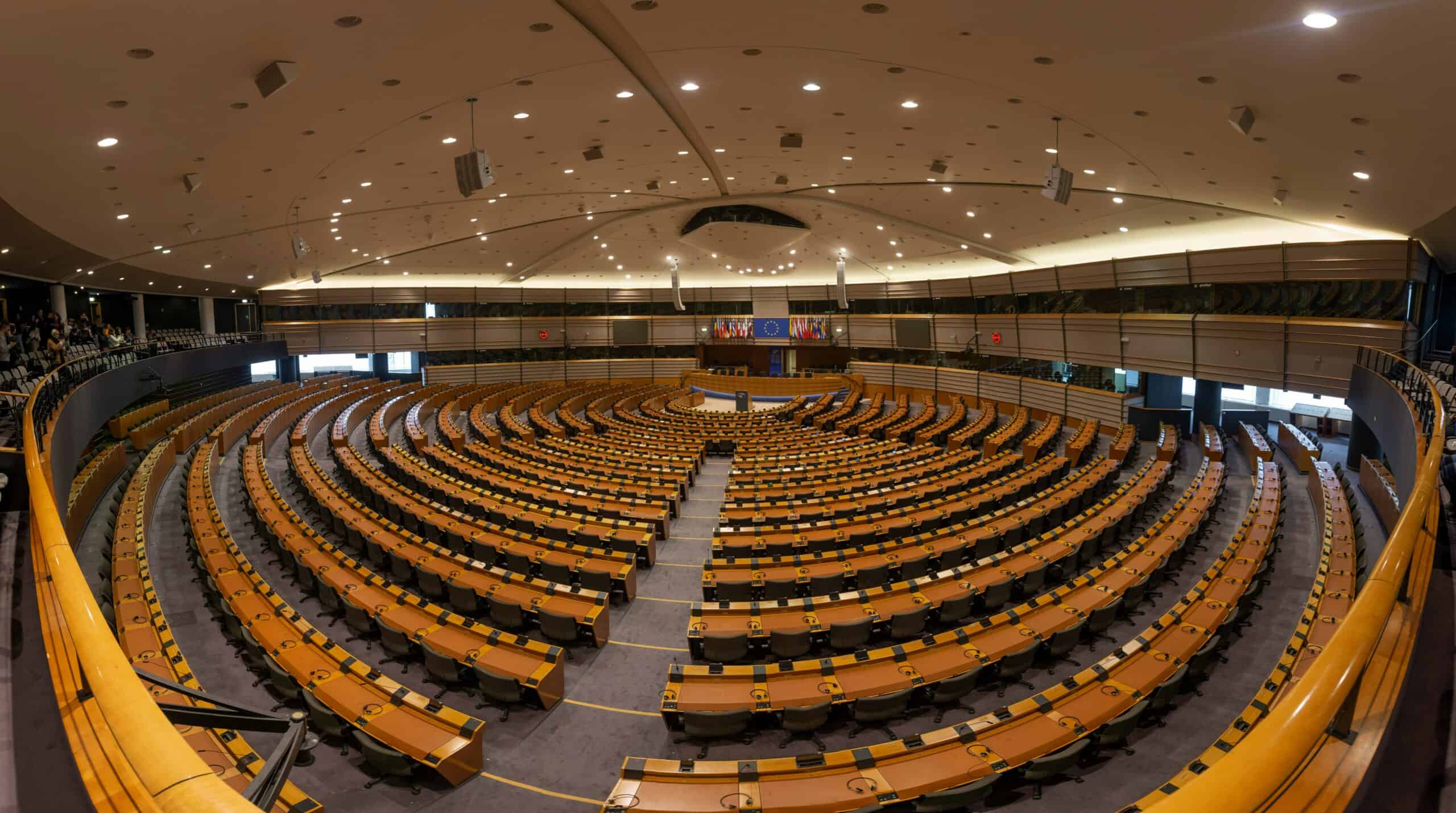
27 May 2024
Your Vote, Our Future, Our Region
Written by Anna Zaccaro & Susie Hacquin
Your vote holds the key to a sustainable future for the Baltic Sea and its communities. In the dynamic land of EU initiatives, your participation drives impactful change. Dive with us in the landscape of EU’s achievements and discover what your vote can do for your region.
Voting in the European Parliamentary elections is a powerful tool for you to influence the future of your region. By electing representatives who support environmental and regional development initiatives, voters can ensure continued funding and support for critical projects like those in the Baltic Sea. These projects have tangible benefits, from improved marine safety to economic growth through cleaner, safer waters. Each vote contributes to the broader goal of sustainable development and regional cooperation. By participating in these elections, you can make a direct impact, highlighting the significant power of democratic .
Examples from our region: what a strong EU does for you
You may be wondering, what does Interreg Baltic Sea Region have to do with the European Elections? Interreg programmes are funded by the European Regional Development Fund, programmes that are part of the European Cohesion policy, which support a balanced development of all regions in Europe. Interreg is a key instrument that strengthens cooperation between regions and countries within the EU. It plays a vital role in promoting regional development, cohesion, and reducing economic disparities. Voting for MEPs who favour these European regional development policies and see the benefits of transnational cooperation ensures the continuation of Interreg programmes and thei projects. At Interreg Baltic Sea Region, we set up frameworks to support and improve transnational cooperation among the Baltic Sea Region countries. We don’t build roads or bridges, but we bridge the gaps in knowledge, technologies, and governance.
Interreg Baltic Sea Region supports projects in different fields that are crucial to the sustainable development and prosperity of the region. Projects such as BALTIPLAST and Change (k)now! focus on the vital role of public authorities in reducing plastic waste through innovative policies and solutions. On the humanitarian front, BSI_4 Women aids refugee women in entering the labour market, while KidsLikeUs supports children in overcoming traumatic experiences. Concerning sustainability and food supply, KISMET and the BSR Food Coalition work towards creating favourable conditions for both producers and consumers to choose sustainable food options. Additionally, water-related projects such as Trust ALUM, Waterman, and APRIORA ensure clean water access, promote water conservation, and implement sustainable water management practices, further reinforcing the commitment to environmental sustainability and community well-being.
There are many more examples of the concrete achievements of the EU for its citizens. You can visit their dedicated website here to see the wide range of EU actions in your daily life and in your region: https://what-europe-does-for-me.europarl.europa.eu/
©EU Commission
What you vote for
You are already convinced that you want to vote, but you don’t know exactly what for you will vote? The European elections aim at electing the 720 Members of Parliament. The number of representatives each country votes for is calculated on the population, with a minimum of 5 MEPs and a maximum of 96 MEPs. For the countries around the Baltic Sea Region, this number will be 9 in Denmark, 9 in Estonia, 15 in Finland, 96 in Germany, 9 in Latvia, 11 in Lithuania, 53 in Poland, and 21 in Sweden. You can get more information about the elections in your country here.
Engage and Vote
It is essential for citizens to engage in the European Parliamentary elections to ensure the continued success of projects like those funded by Interreg in the Baltic Sea region. By voting, you can influence policies that prioritize environmental protection, economic development, and regional cooperation. The tangible outcomes of these projects, demonstrate the direct impact of EU initiatives on local communities. For the last two European elections, the turnout rate in the Baltic Sea region countries were in average 42% in 2014 and 49% in 2019. This year, don’t let people decide at your place and come to cast your vote because every vote counts in shaping a sustainable future.
Let’s maintain our democracies and influence the future of our region from June 6 to June 9!


